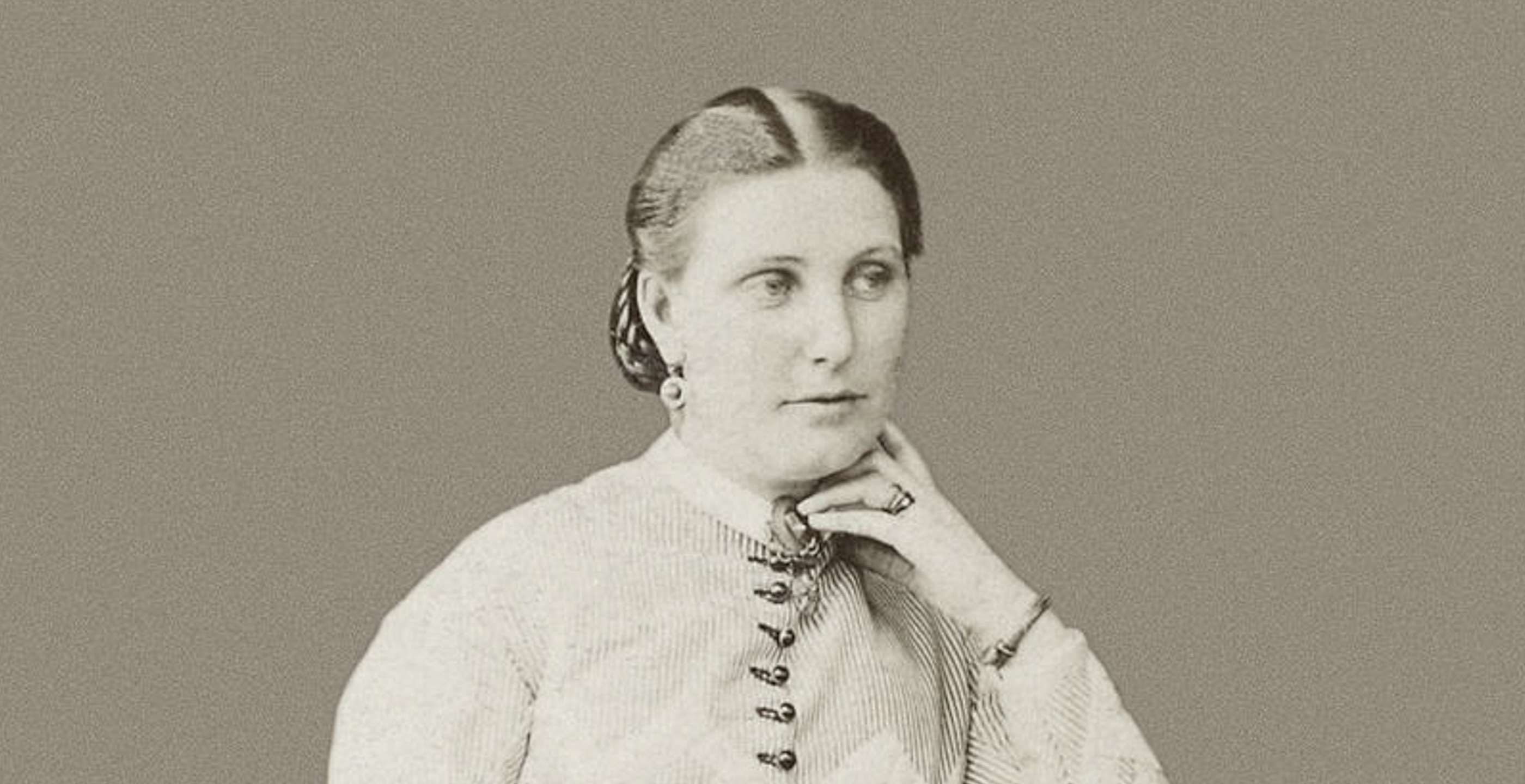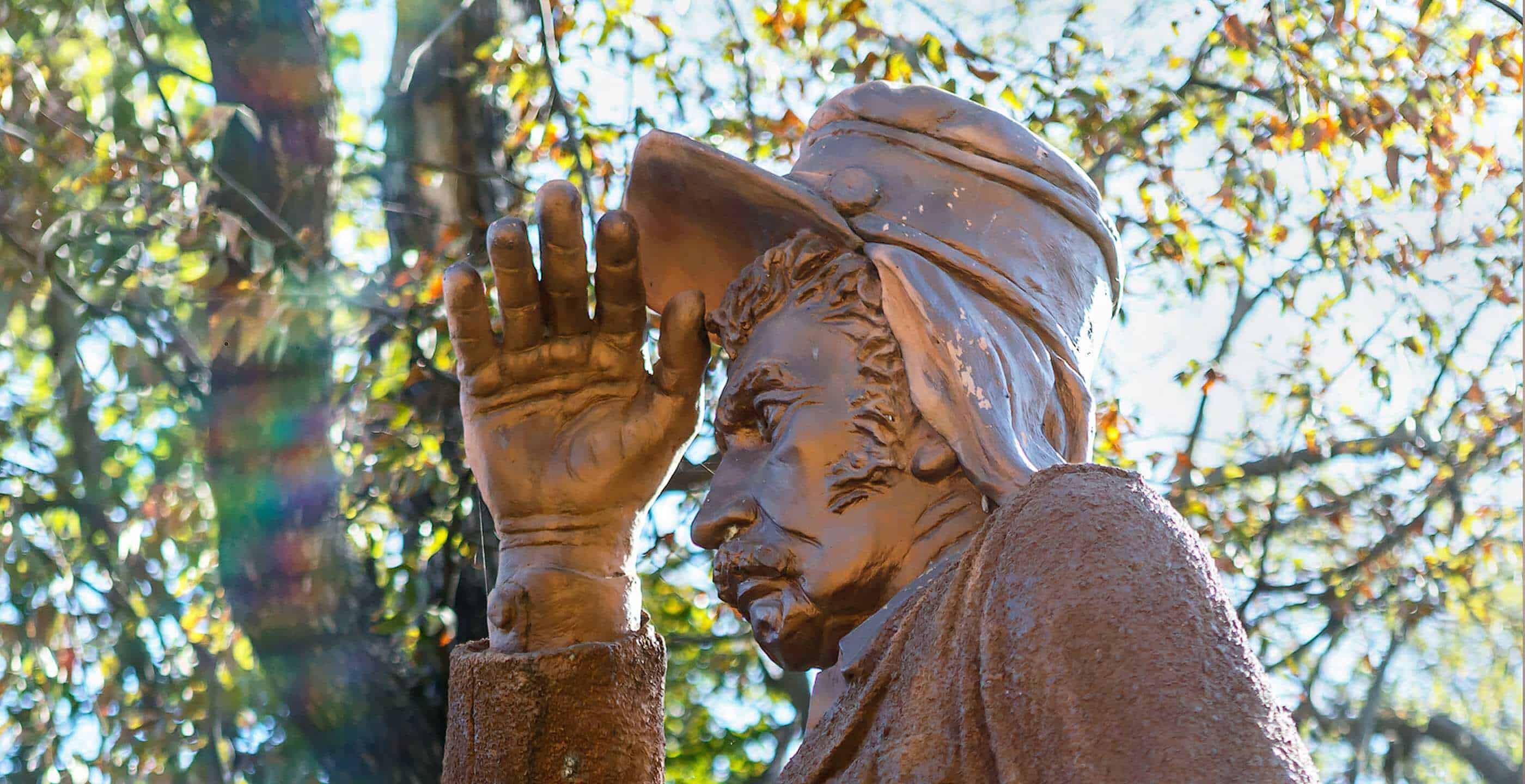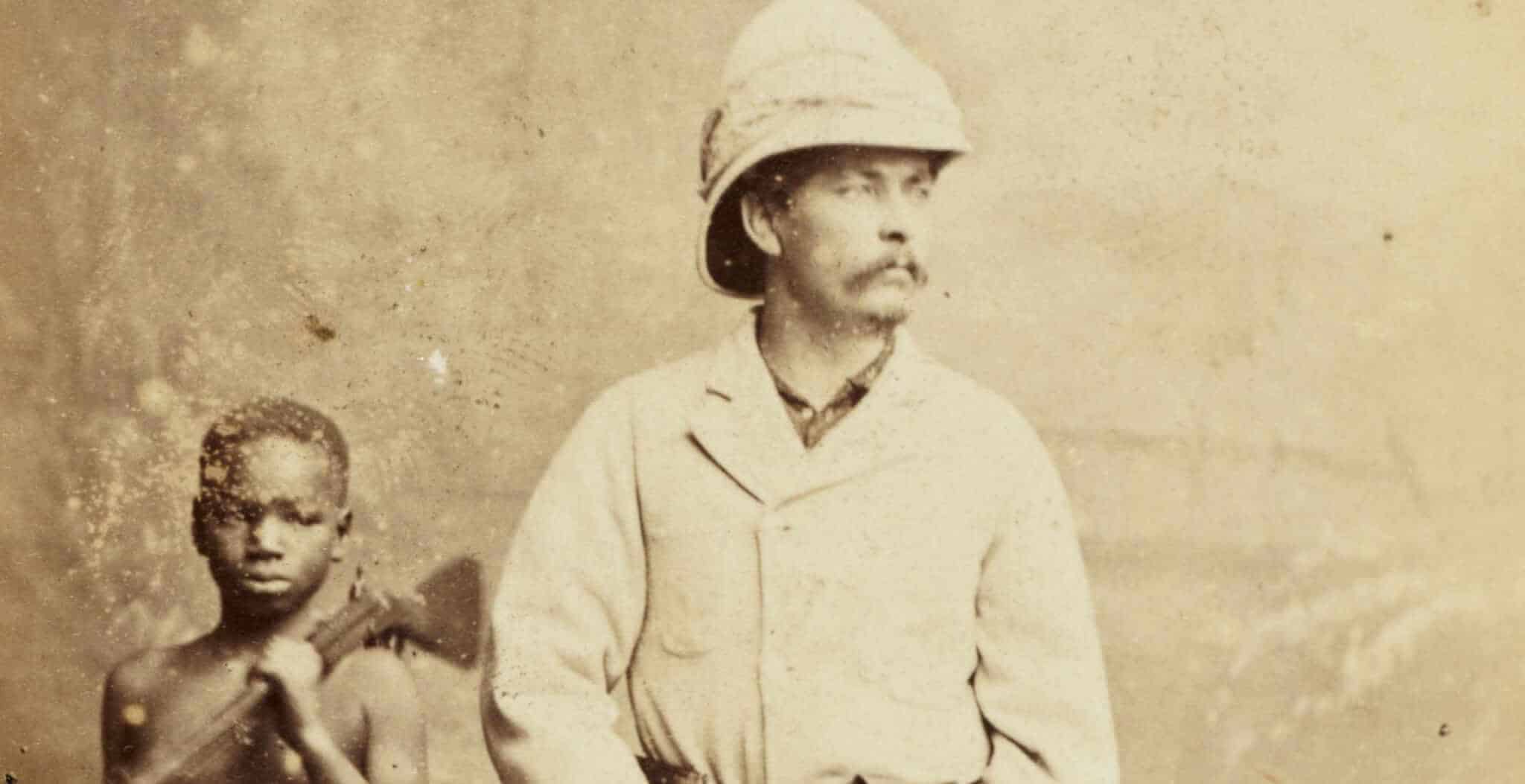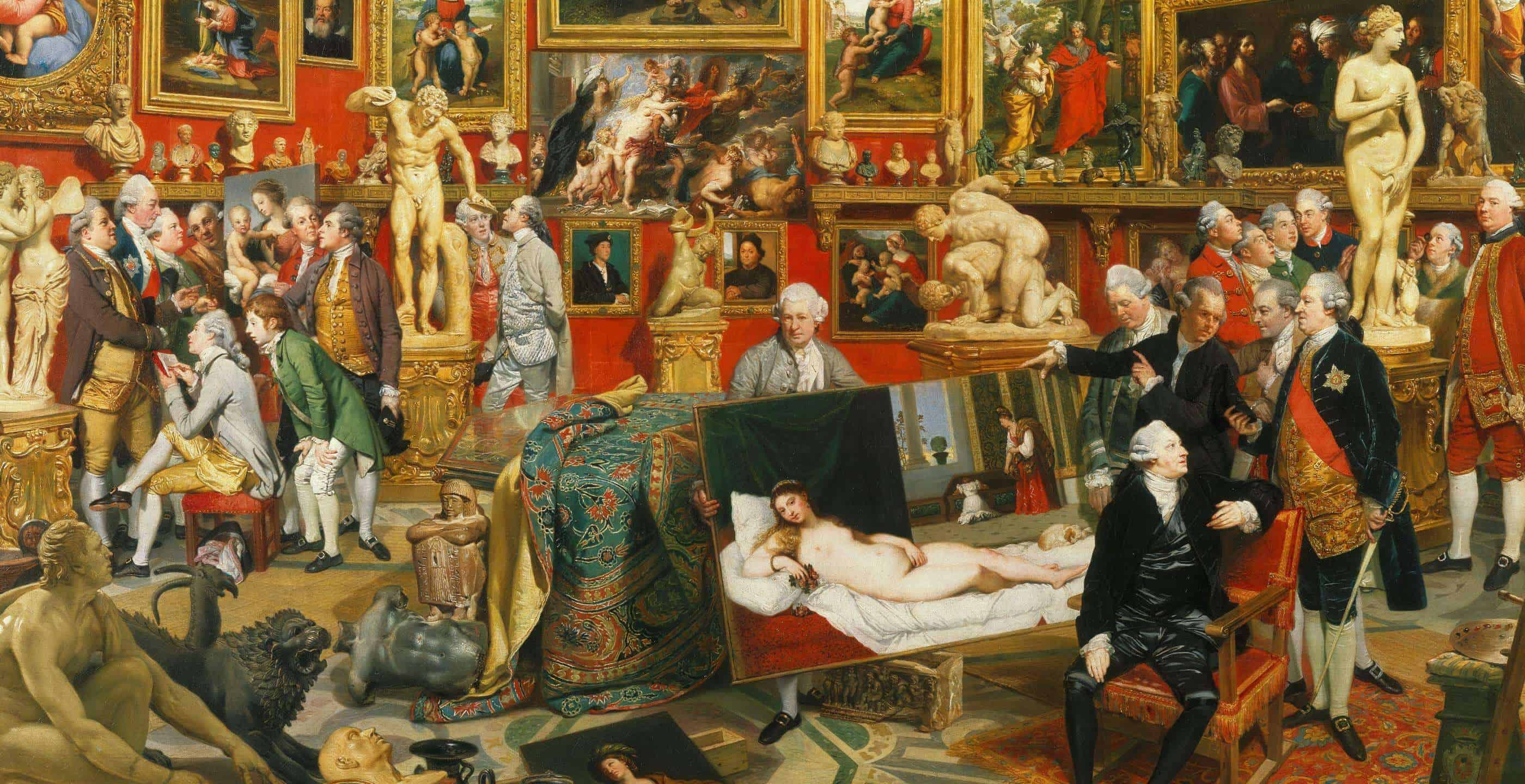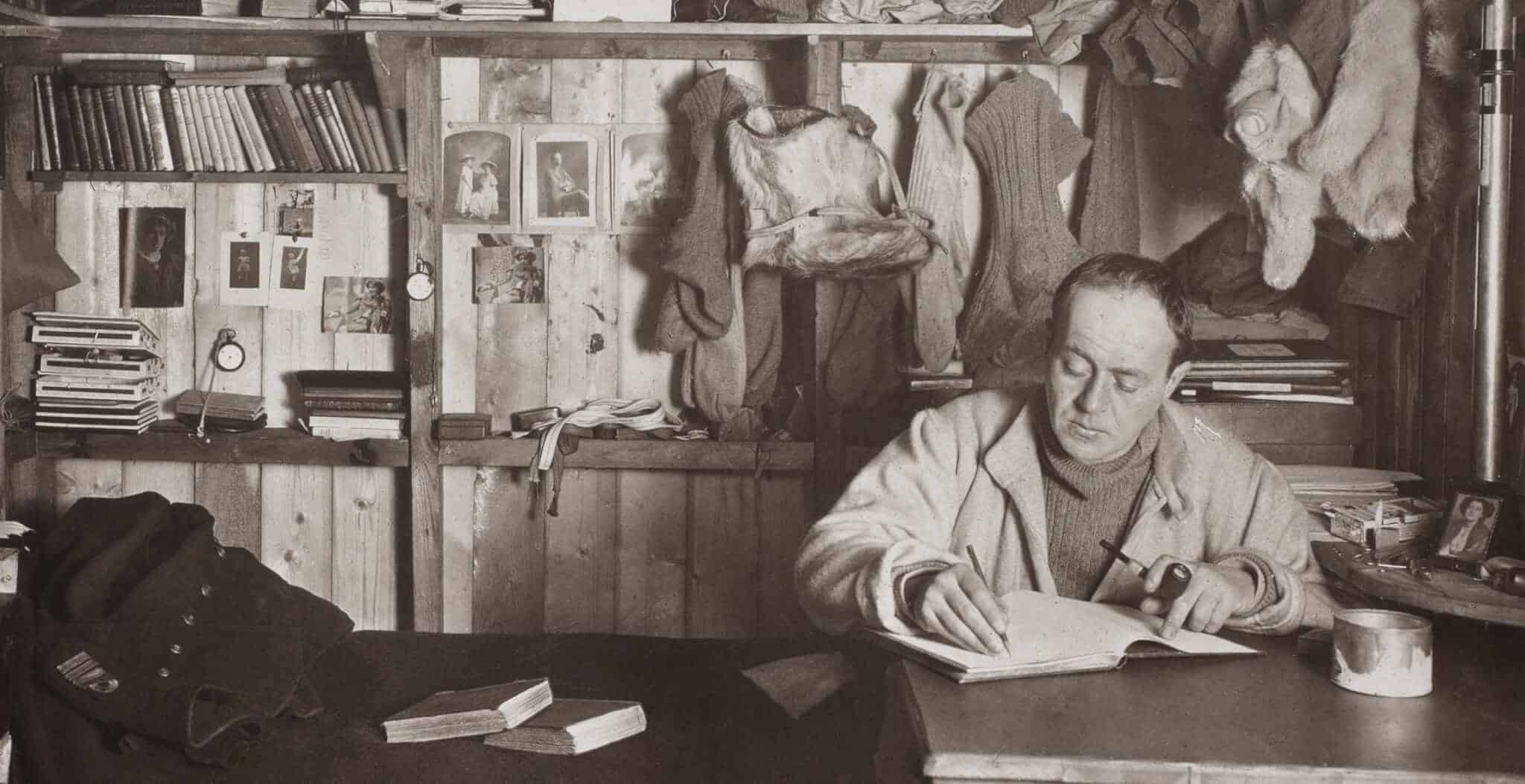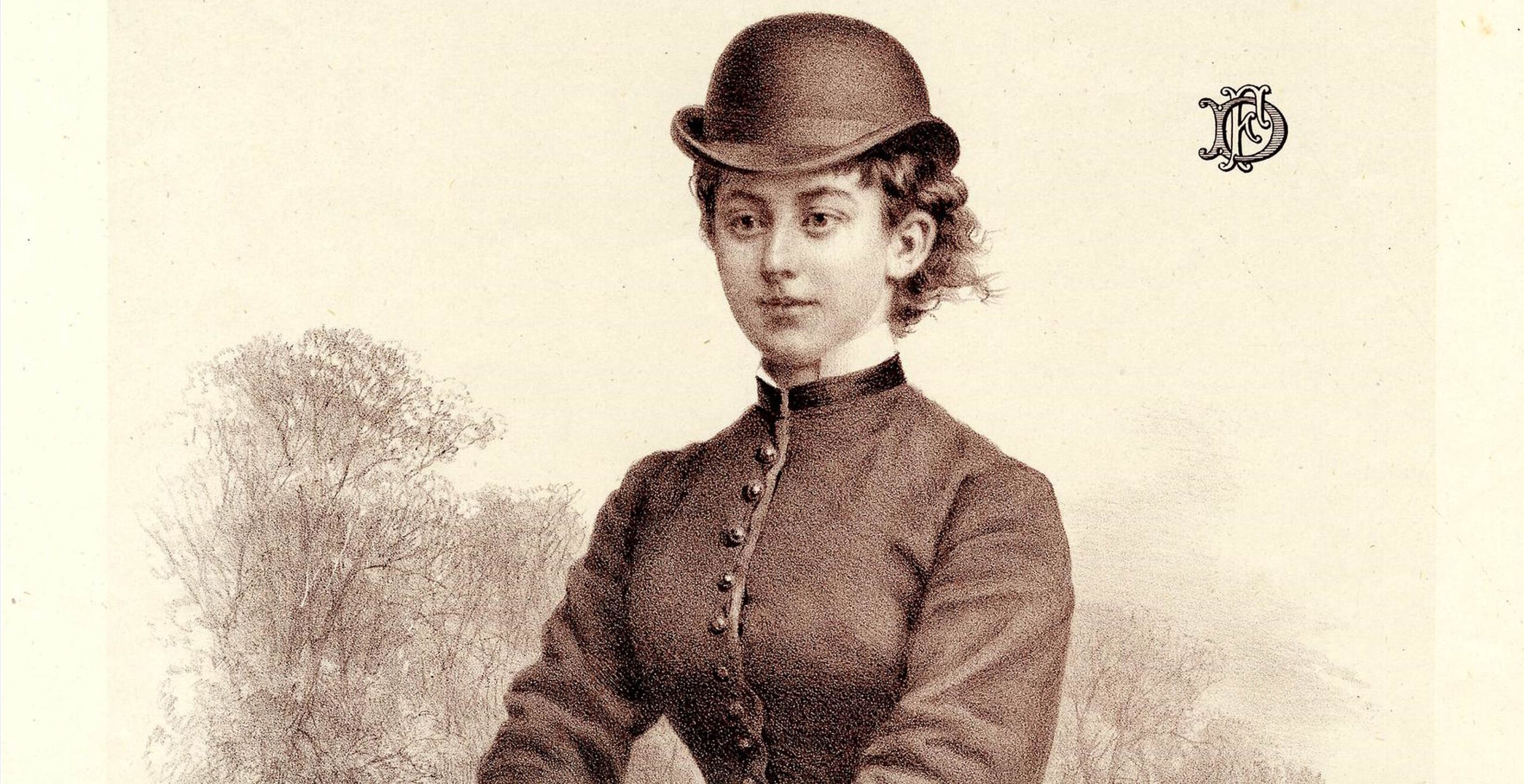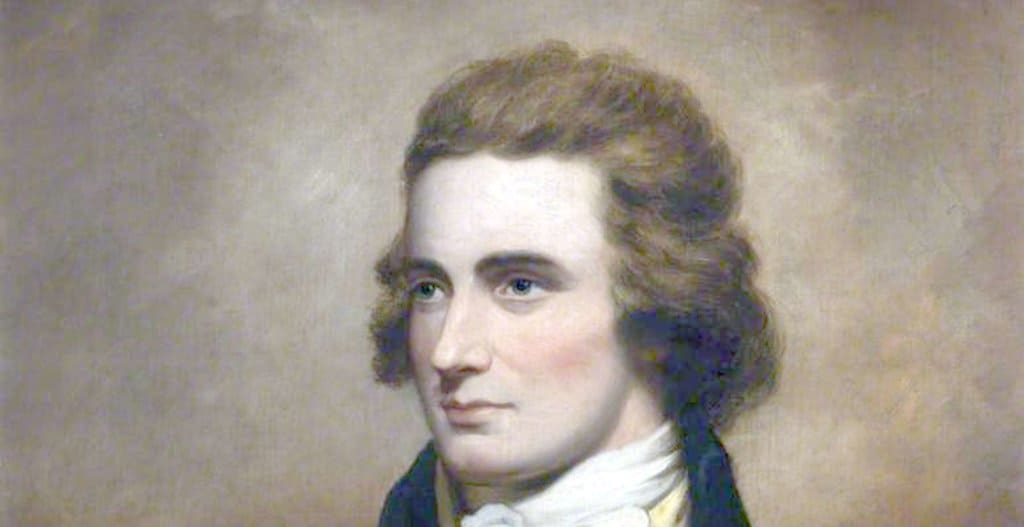In the 19th century, the quest to explore the interior of Africa and discover the source of the River Nile dominated the minds of European explorers. Think of early African exploration and names such as James Bruce and Mungo Park, Stanley and Livingstone, John Hanning Speke and Richard Burton come to mind.
Among their contemporaries were a less well known couple with a fascinating story behind them…Samuel and Florence Baker.
If you were to read about Florence’s life in a novel, you would feel it was perhaps a little far-fetched.
Orphaned as a child, brought up in a harem and then sold at a white slave auction, Florence was only in her early teens when she was ‘liberated’ by a middle-aged English adventurer and explorer who took her with him into deepest Africa in search of the source of the Nile.
Florence von Sass (Sass Flóra) was born in Hungary in the early 1840s. She was just a child when her family were caught up in the 1848/9 Hungarian Revolution for independence from Austria. Orphaned and alone in a refugee camp in Vidin, a town then in the Ottoman Empire, she was taken by an Armenian slave merchant and raised in a harem.
In 1859 when she was around 14 years old, she was taken to a white slave auction in the town to be sold. There she would meet Samuel Baker and her life would change forever.
Samuel White Baker was an English gentleman from a wealthy family with a passion for hunting. Samuel was just 34 years old when his first wife Henrietta died of typhoid fever in 1855.
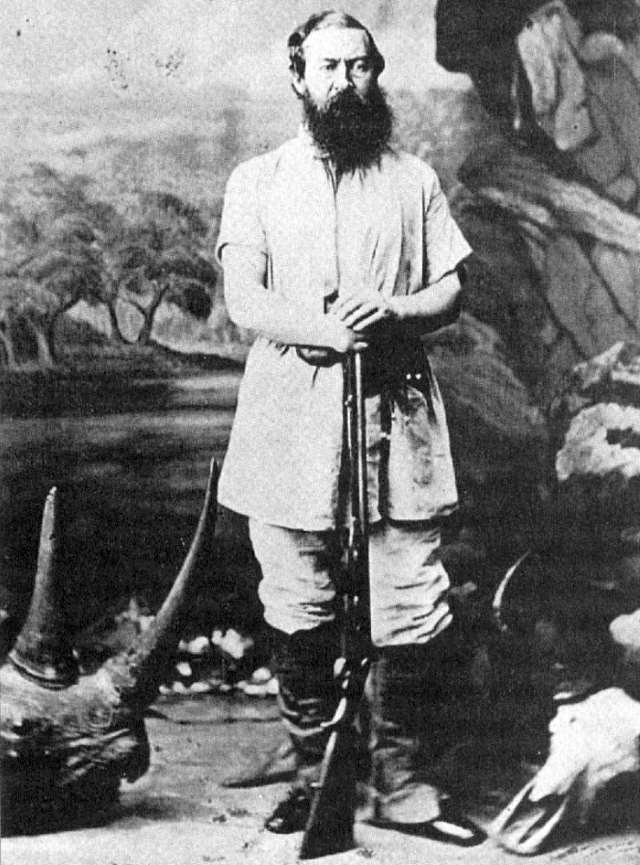
Baker’s good friend Maharaja Duleep Singh, the hereditary ruler of the Punjab, was also a keen hunter and in 1858 they decided to take a hunting trip together down the Danube River. The following year found them in Vidin. It was here that they decided, out of curiosity, to attend the slave auction – the one at which Florence was to be sold.
The story goes that the Ottoman Pasha of Vidin outbid Baker for her, but having fallen in love with the blond, blue-eyed Florence on sight, Baker rescued her and spirited her away.
Although today we are shocked at the fact that Florence was only 14 when she and Baker started their relationship, in Victorian times the age of consent was 12.
The couple were still in Europe when Baker heard of his friend John Hanning Speke’s attempts to locate the source of the Nile. Now obsessed with the thought of African exploration and discovery, in 1861 Baker, with Florence in tow, set off for Ethiopia and the Sudan.
Deciding to follow the river to its source, they set off from Khartoum to journey up the Nile. Florence proved to be an invaluable member of the party as she spoke fluent Arabic, learnt as a child in the harem.
The Bakers travelled by boat as far as Gondokor (now capital of South Sudan) which in those days was a base for ivory and slave trading. Here they ran into Baker’s friend Speke and his fellow traveller James Grant on their way back to England. They had just come from Lake Victoria, where they had discovered what they thought was one of the sources of the Nile. The Bakers decided they would continue their friends’ work and travel south from Gondokor to Lake Victoria to try and find the definitive route of the river.
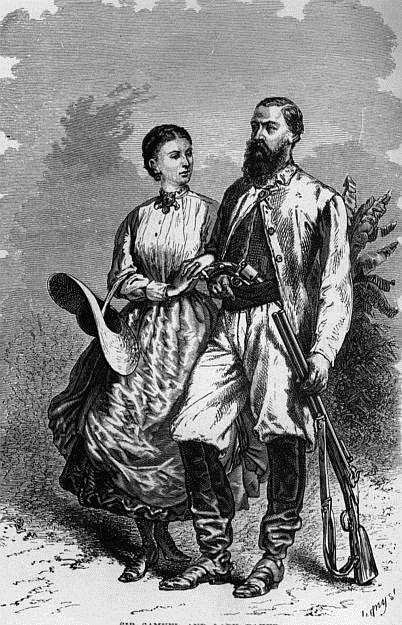
Samuel and Florence continued along the White Nile by foot. Progress was slow, bug-infested, disease-ridden and dangerous. Much of the expedition team mutinied and eventually abandoned them. The couple endured life-threatening disease but persevered, and after many trials and tribulations, finally had some success, discovering Murchison Falls and Lake Albert in what is now Uganda, considered to be the primary source of the Nile for many years afterwards.
After some four years in Africa, Samuel and Florence returned to England and married in secret in 1865. Samuel was awarded the Royal Geographical Society’s gold medal and then knighted in 1866. The couple were welcomed into society, however when the story of how they came to meet, their life together in Africa and their subsequent secret marriage reached Queen Victoria she, believing that Baker had been intimate with his wife before marriage (which he had), excluded the couple from Court.
Having had experience of the slave trade themselves, when in 1869 the Bakers were invited by Isma’il Pasha, the Turkish Viceroy of Egypt, to help suppress the slave trade in and around Gondokor, they set off for Africa once again. Samuel was made Governor General of the Equatorial Nile with a salary of £10,000 per annum, a huge amount in those days.
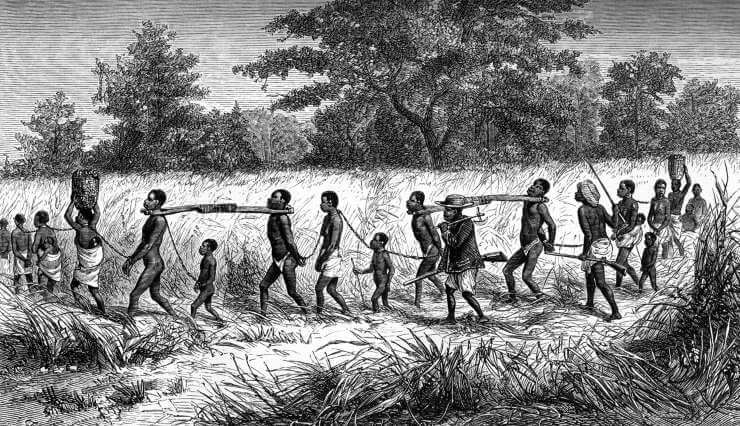
Well-equipped and provided with a small army, the Bakers sought to drive the slave traders out of the region. During a pitched battle at Masindi, capital of Bunyoro, Florence served ostensively as the medic, although she was obviously ready to fight, as in her bags she was found to be carrying rifles and a pistol, as well as, rather bizarrely, brandy and two umbrellas!
In his writings and sketches, Baker portrays Florence as a conventional Victorian woman, dressed demurely in the fashion of the day. This may have been true when in the company of other Europeans, however whilst travelling she wore trousers and rode astride. According to her husband, Florence “was no screamer”, meaning she was not easily afraid, which given her life story, is not surprising. Florence was one of life’s survivors.
Four years after they arrived in Bunyoro, the Bakers had to admit defeat in their campaign to put down the slave trade along the Nile. On their return from Africa in 1873, they moved to Sandford Orleigh in Devon and settled into a comfortable retirement. Samuel continued writing on a wide range of subjects and Florence became an accomplished society hostess.
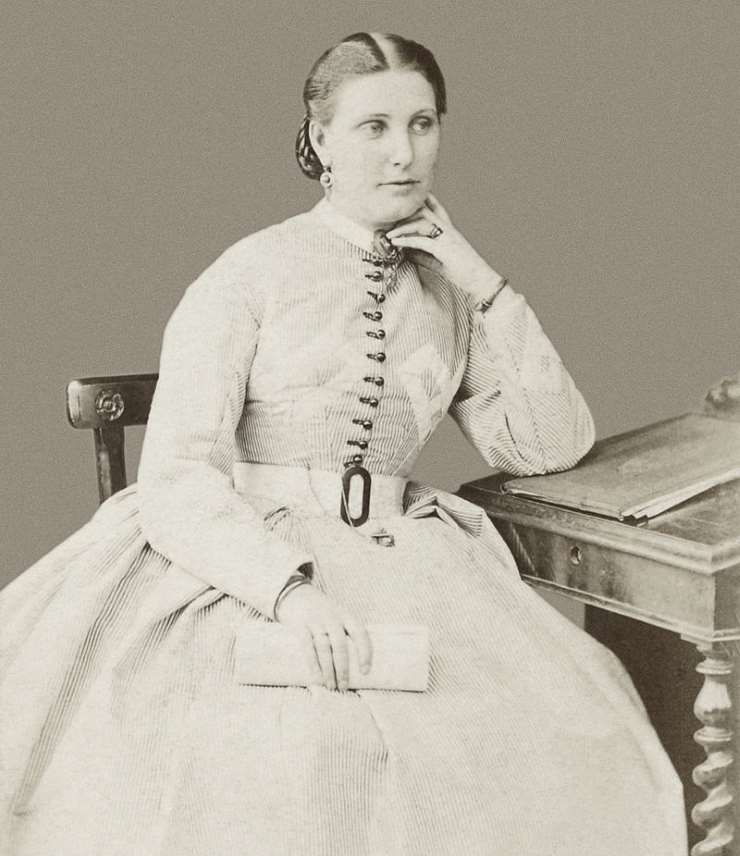
Baker died of a heart attack on 30th December 1893. Florence continued to live at their home in Devon until her death on 11th March 1916. They are buried in the family vault at Grimley, near Worcester.
Samuel Baker was one of the most important explorers of the 19th century, knighted for his travels and discoveries. The Bakers are also remembered for their attempts to abolish the slave trade in Sudan and the Nile delta.
